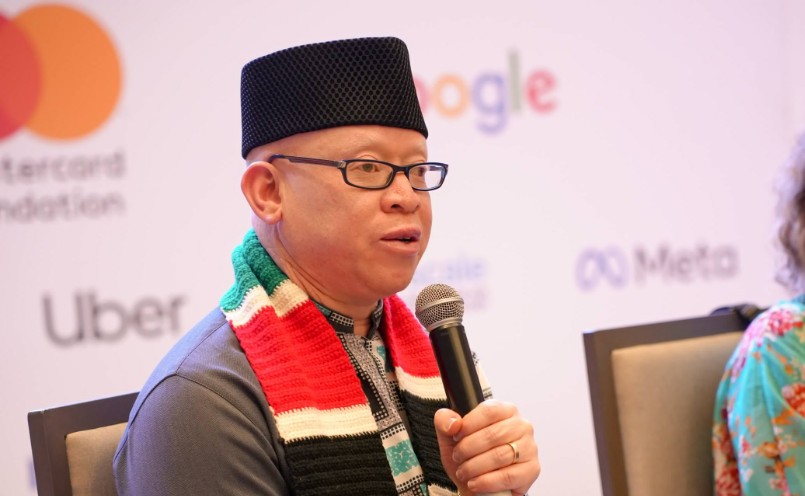The Kenyan government has sought to calm fears that the newly enacted cybercrime law could erode freedom of expression, insisting that its purpose is to protect citizens from online threats — not to stifle dissent.
Speaking at a press briefing on Thursday, Government Spokesman Isaac Mwaura dismissed claims that the Computer Misuse and Cybercrimes (Amendment) Act, 2024 would be used to police opinions or silence critics.
“The amendments do not take away anyone’s right to express themselves,” Mwaura said. “Rather, they strengthen Kenya’s capacity to combat real and growing threats such as child pornography, online extremism, terrorism propaganda, cyber-harassment, identity theft and financial fraud.”
The Act, signed into law by President William Ruto on October 15, has already drawn sharp criticism from rights groups, lawyers, and sections of the opposition.
A coalition of civil society organisations and activists has moved to court, arguing that some provisions of the law violate constitutional rights to privacy and free expression. They warn that the wording is vague and could be misused to target dissenting voices online.
In a major development, the High Court on Wednesday temporarily suspended the enforcement of several contested sections of the law pending a constitutional hearing.
Justice Lawrence Mugambi issued conservatory orders halting the implementation of Sections 27(1)(b), 27(1)(c), and 27(2), which expand the definition of cyber harassment to include communications deemed “grossly offensive,” “indecent,” or likely to cause “fear or distress.”
“Pending the hearing and determination of this application, a conservatory order is hereby issued suspending the enforcement, implementation, and operation of section 27 (1)(b), (c), and (2) of the Computer Misuse and Cybercrimes (Amendment) Act, 2025,” Justice Mugambi ruled.
The case was filed by gospel musician and activist Reuben Kigame, in partnership with the Kenya Human Rights Commission (KHRC). The petitioners argue that the amendments could criminalise legitimate online expression and empower authorities to arbitrarily arrest internet users.
Government officials, however, maintain that the changes are essential in light of Kenya’s fast-evolving digital landscape. They point to a rise in online scams, hate speech, and extremist content as justification for stronger cyber laws.
As the legal battle unfolds, the debate over where to draw the line between safety and free speech continues — a conversation now echoing far beyond Kenya’s digital borders.

